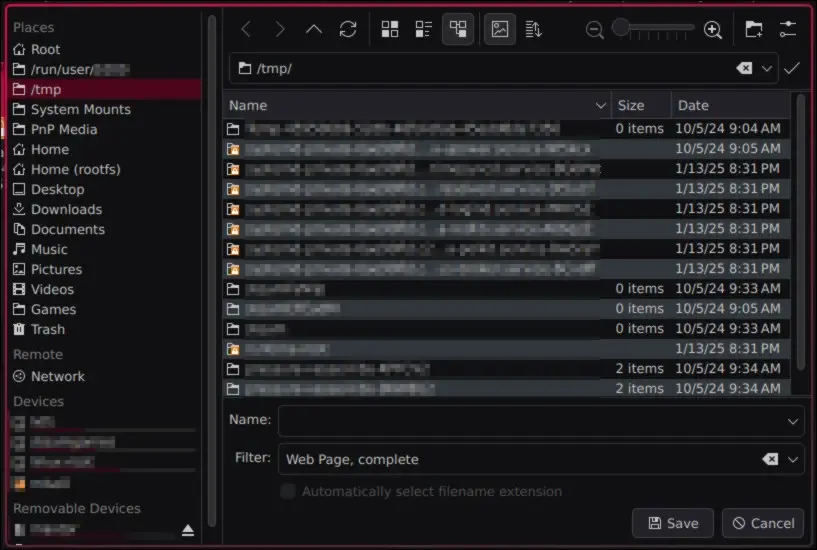

Discord does markdown differently than intended: it’s better for non-techies because hitting enter once is more intuitive than the alternative, but the standard way to insert line breaks in markdown is to type two spaces at the end of the line you want to break.

Spaces behave like this because markdown was designed to be like HTML but quicker to write and easier to read without formatting;
most web services that use markdown translate it to HTML rather than parsing it directly, and in HTML whitespaces are supposed to work like you demonstrated in your comment.
The reason for this behavior in HTML is “because someone in the 90s said so”, I’m afraid.